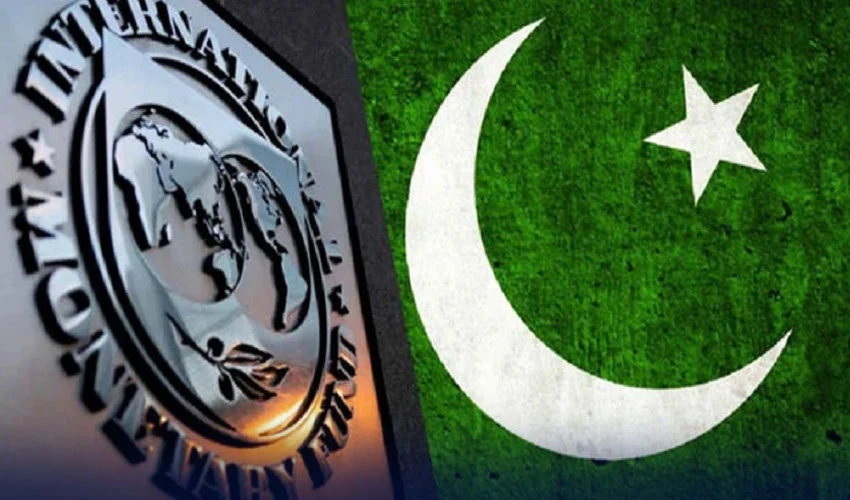Pakistan remains under close scrutiny from the International Monetary Fund (IMF) as both sides continue negotiations over the country’s fiscal roadmap for the 2026 financial year (FY26). The IMF announced that discussions will persist in the coming days following the conclusion of a recent staff-level mission.
The IMF mission, led by Nathan Porter, wrapped up its visit on Friday, just as the federal government postponed its budget announcement from June 2 to June 10. The delay is seen as an indication of ongoing efforts to finalize an agreement with the IMF on fiscal targets and reform strategies. Meanwhile, the Ministry of Finance has confirmed that the Economic Survey for 2024–25 will be released on June 9, providing key data on the nation’s economic performance over the past year.
Porter described the discussions with Pakistani officials as constructive, with the agenda covering fiscal consolidation, structural reforms, and the policy framework aligned with the 2024 Extended Fund Facility (EFF) and the 2025 Resilience and Sustainability Facility (RSF).
READ MORE:
Missing Gujrat Tourists’ Car Found Near Astak Nallah, Search Intensifies
During the meetings, the Pakistani government reaffirmed its commitment to fiscal responsibility while continuing to support social safety nets and development initiatives. A primary budget surplus target of 1.6% of GDP has been set for FY26.
Core focus areas in the dialogue include improving tax compliance, widening the tax base, and prioritizing essential public spending. Reforms in the energy sector, aimed at enhancing financial sustainability and reducing costs, were also a critical part of the agenda.
The IMF has urged Pakistan to maintain a tight, data-driven monetary policy to keep inflation within the State Bank’s 5–7% target range. Rebuilding foreign currency reserves and preserving a market-based exchange rate are also deemed crucial for enhancing external economic stability.


